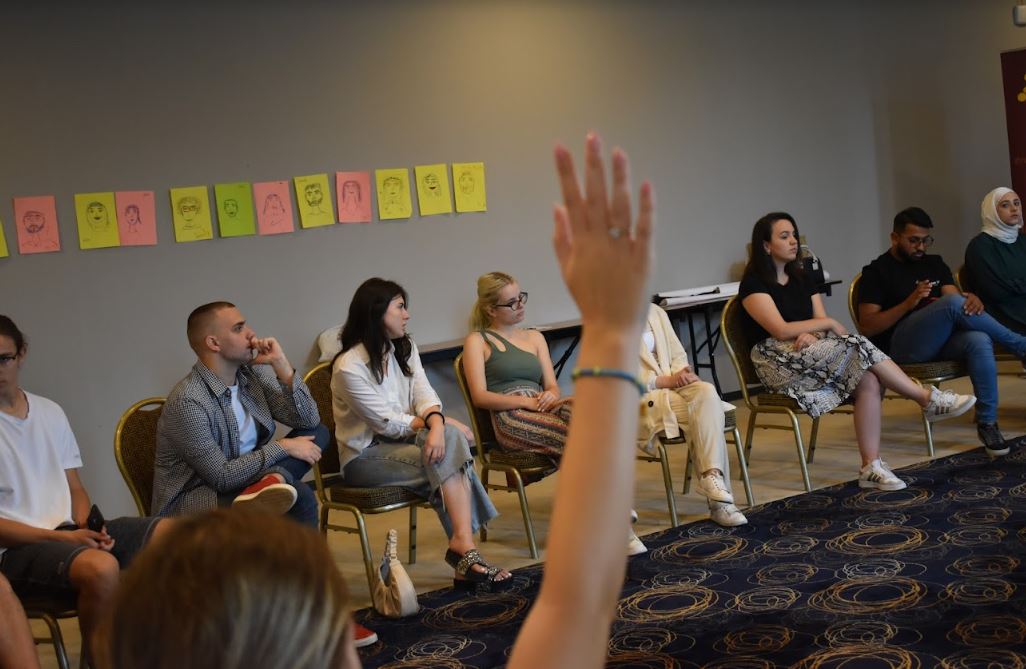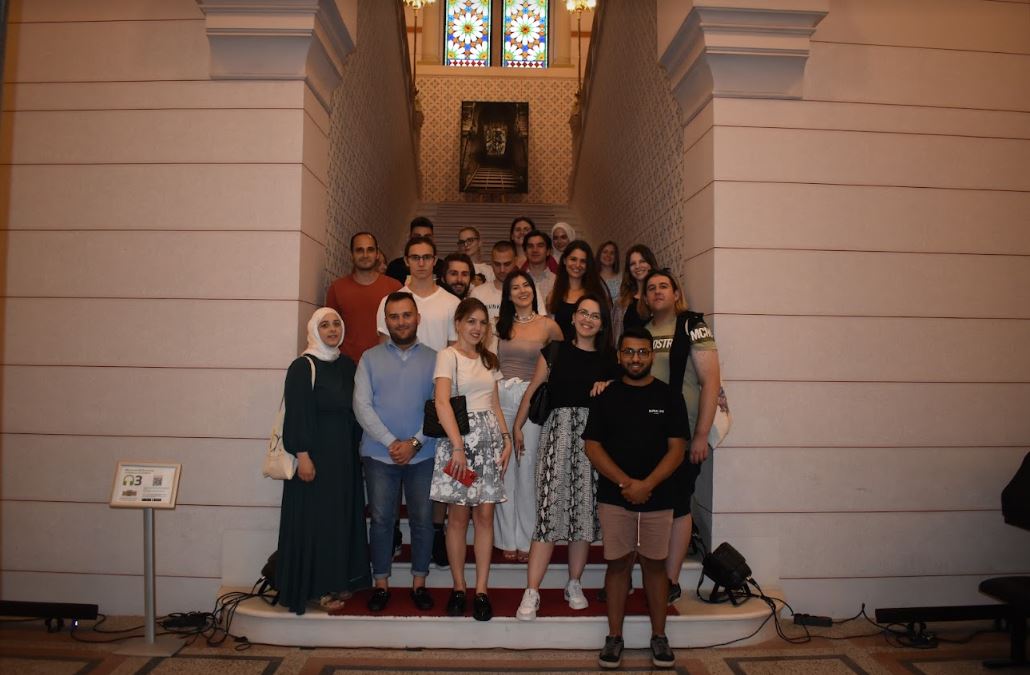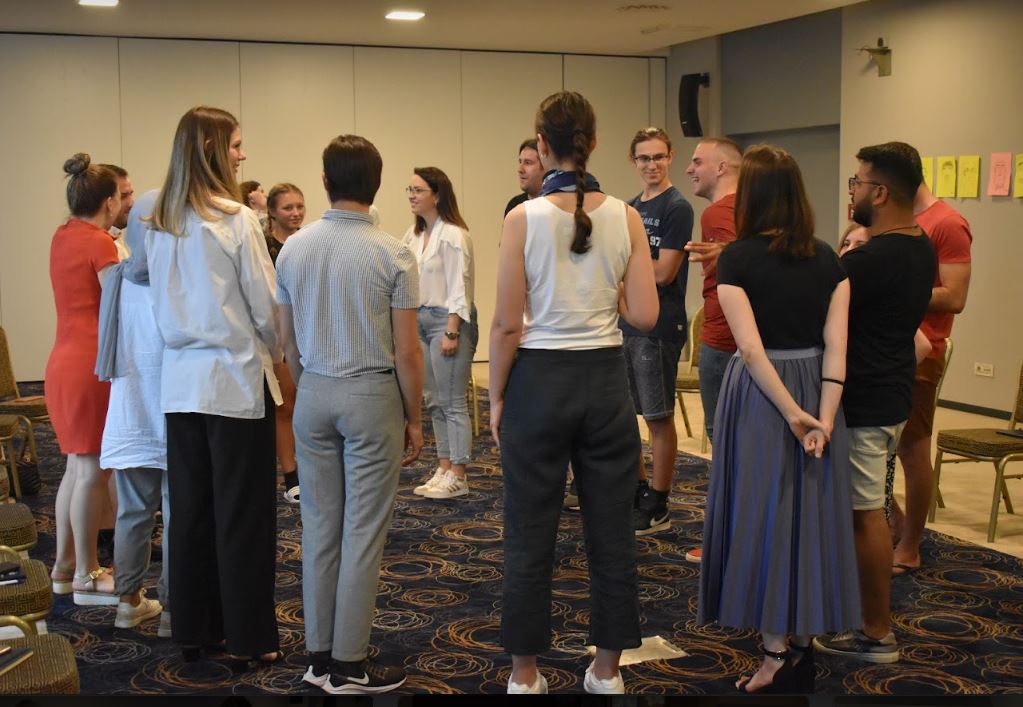Youth for Peace
Our Imperative: No Hate! No Violence!
The following article is written by ‘iDover’ Lejla Hasandedic-Dapo
The brutal war of the 90’s in Bosnia and Herzegovina left devastation and trauma among the local population. Peacebuilding efforts implemented in the postwar period were only partially efficient due to the immense pressure politicians were facing while trying to protect the status quo.
Recently, the political situation in the region has begun to re-escalate with the emergence of nationalistic narratives and past, unhealed trauma. Even after 26 years, the post-war Bosnia and Herzegovina has many divided communities along ethnic and religious lines. These divisions are further intensified by the lack of dialogue and cooperation between the communities. International media and foreign governments have flagged the situation in Bosnia and Herzegovina concerning.
People in Bosnia and Herzegovina need opportunities to come together, make clear efforts in resisting manipulation, harmful narratives, and creating a sustainable future, free from conflict.
While social media plays a key role in the dissemination of hate speech and harmful narratives, negative messages reflecting the painful history remain to be visible in street art and graffiti around the country.
In addition, the recent migrant influx in the region has increased hate speech against migrants.
To tackle hate speech in the region of Bosnia & Herzegovina, the iDover-project Our imperative: No Hate! No Violence! aims to:
- Raise awareness among local and global youth about the dangers of hate speech and violent extremism.
- Equip youth with skills to efficiently monitor, understand and counter hate speech and work on Prevention of Violent Extremism (PVE).
- Provide space for young people to engage in interfaith and interethnic dialogue through joint efforts of addressing hate speech and PVE.
- Offer an alternative to divisive and extremist narratives.
- Connect young people in the region with youth from different parts of the world, and encourage peer-to-peer learning.

In April YfP launched an online campaign to address hate speech and PVE through the creation of alternative narratives. The campaign, which was running throughout the project implementation time targeted young people in B&H, neighboring countries (Serbia, Croatia and Montenegro) and worldwide.

On May 30th the first of the two webinars open for a wider international audience took place. The webinar “Preventing violent extremism by addressing hate speech” was live streamed on Youth for Peace Facebook channel. The webinars aimed to connect people globally while discussing topics connected to hate speech and PVE with specific focus on different approaches and contexts. These two online events gathered hate speech and PVE experts from different contexts.
In June, the first in-person training for young people from B&H took place. The theme of the training was countering hate speech and PVE within the specific Bosnian context. The training provided youth with tools to monitor, understand and address hate speech as well as to work on PVE.

In July, some of the remaining events took place: the second in-person training for young people from the region (B&H, Serbia, Croatia and Montenegro) as well as the online workshops on countering hate speech and PVE and second webinar. In addition, the design process for a toolkit to create campaigns against hate speech and PVE was initiated. The toolkit will be a significant addition to the local peacemaking tools, as there are only few resources in the local languages.
The information contained in the article represents the views and opinions of the author and not necessarily of the Peacemakers Network or iDove project.

About Lejla Hasandedic-Dapo
Lejla is a psychologist, psychotherapist, researcher, activist, peacebuilder, and volunteer from Bosnia and Herzegovina. She is currently doing a Ph.D. in psychology at Ankara Yildirim Beyazit University in Turkey while working as a United Religions Initiative (URI) Europe CC Liaison Officer. In addition to this, she is a Board member of the European Interfaith Youth Network (EIYN) which is part of Religions for Peace Europe. She was a Youth Ambassador at URI and co-founded Youth for Peace. This organization positioned itself as one of the most prominent youth-led organizations in Bosnia and Herzegovina working in peacebuilding. She is an international trainer for Learning to Live Together (LTLT) and holds a diploma in Islamic studies from the University of Sarajevo.

About the iDove Programme
The iDove programme and capacity building support program on Interfaith Dialogue and prevention of Violent Extremism provides youth-driven, innovative, and context-specific responses to preventing violence. The program activities are implemented by selected seven local organizations associated with iDovers, who are youth peacebuilders from Europe, Asia, and Africa. The program contributes particularly to the advancements of the small-scale projects while supporting iDovers engagement more broadly. The Network for Religious and Traditional Peacemakers supports the actions implemented by the iDover-associated organisations to enhance their organisational capacity building to ensure timely and effective youth-led responses to preventing violence.
Follow the iDove programme on social media
